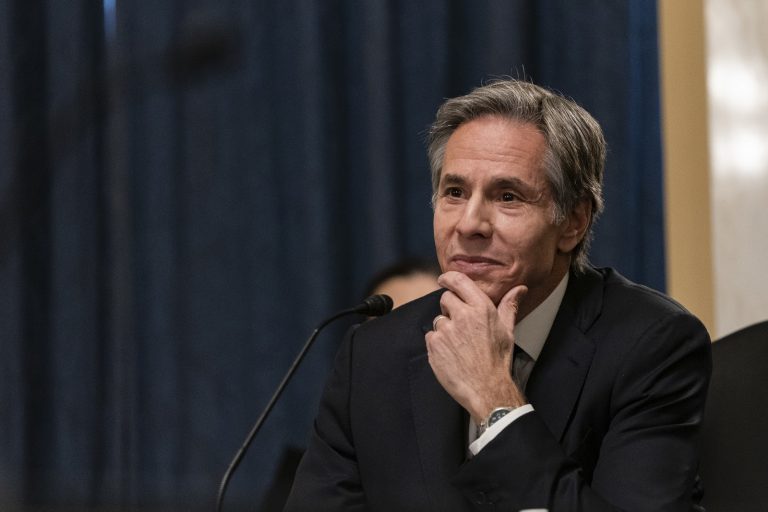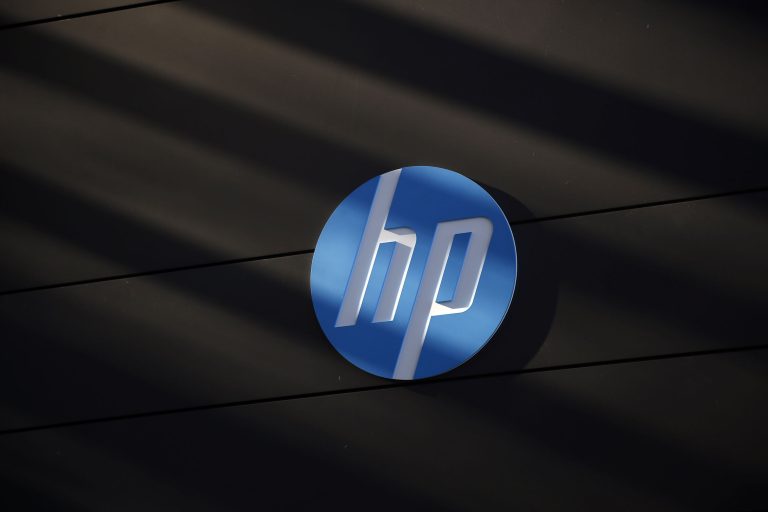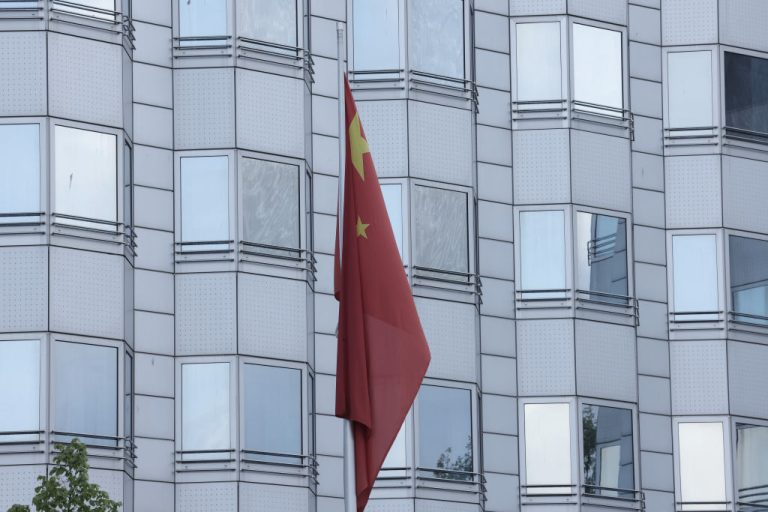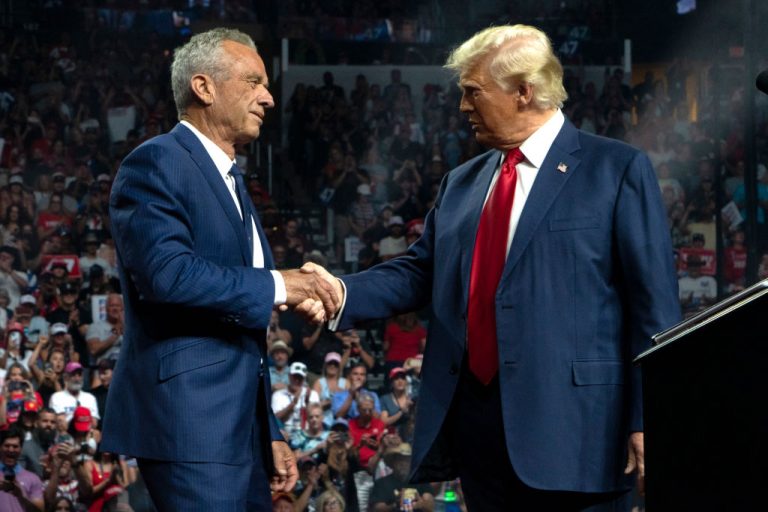U.S. Secretary of State Antony Blinken recently called Taiwan a “country,” a designation that his predecessors had avoided. At a hearing of the House Foreign Affairs Committee, Blinken praised Taiwan for being a strong democracy and technological power. He said that Taiwan is “a country that can contribute to the world, not just its own people. COVID is a very good example of that.”
After Washington cut off diplomatic ties with Taiwan in 1979 to appease Beijing, there have never been official interactions. The State Department had added several restrictions on such meetings to avoid angering communist China.
During the Trump administration, this policy was challenged. On Jan. 10, just a few days before Trump exited the White House, the State Department declared that it was lifting restrictions placed on official dealings with Taiwan. One such restriction was barring the use of the words ‘government’ or ‘country’ in official, public conversations about Taiwan.
Blinken’s use of the term ‘country’ a Freudian slip
However, experts feel that Blinken’s use of the term ‘country’ to describe Taiwan was likely a Freudian slip. Washington has not indicated that it now recognizes Taiwan as an independent nation.
Success
You are now signed up for our newsletter
Success
Check your email to complete sign up
Chinese Premier Li Keqiang recently stated that Beijing would prevent Taiwan from becoming independent. He said communist China would seek a ‘peaceful’ path to ‘reunifying’ Taiwan with the Mainland.
Beijing has always seen Taiwan as a wayward province rather than an independent region with its own identity. Despite Keqiang’s calls for peace, communist China has been increasing its military activity near Taiwan in recent months.
Communist China has proposed that Taiwan accept the ‘one country, two systems’ framework under which Beijing promises that the nation can continue its democratic systems. But the communist regime has broken its promises under the same agreement with Hong Kong. Over the last couple of years, Communist China has been cracking down on free speech and democracy activists in Hong Kong. There is no reason to believe the communist regime would uphold its promises to Taiwan.

“Before this recent effort to change Hong Kong’s electoral system, no Taiwanese would accept the ‘one country, two systems’ framework. Now, literally, no one will accept it,” former lawmaker Jaw Shaw-kong told Taiwan News.
Despite communist China’s constant indication that it is willing to use violence to “reunify” Taiwan with the mainland, not many experts foresee Beijing pursuing such action anytime soon. The political risks for the Chinese communist regime are just too high to neglect.
Recent polls have shown that 80 percent of Taiwanese are willing to defend their island in the event of a communist Chinese invasion. That means that any conflict will be extremely violent and attract international condemnation.
Moreover, Western nations are highly likely to support Taiwan in defense against China, acting as a major deterrent for the communist regime.
Follow us on Twitter or subscribe to our email list







